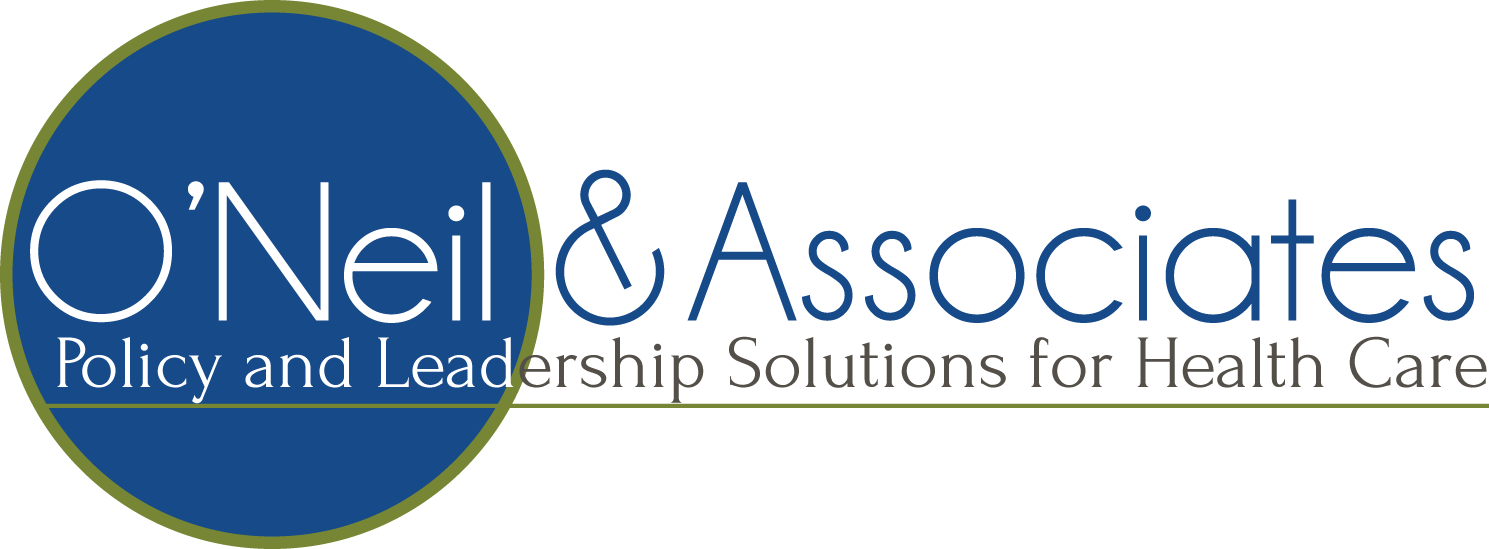Now that Hurricane Katrina has conducted the national emergency preparedness test and found us wanting, it is time to think differently about some of the ways we prepare for national emergencies. One of the most heartening dimensions of this tragedy for me has been the stories from health professional colleagues regarding their own actions to assist with first response, secondary care, and resettlement. No one was charged with organizing this response. As professionals with skills saw the tragedy develop, they made personal sacrifices to be where they were needed most and the response unfolded. I hope someone studies the value of this impact; if they do, I think they will find it vital to saving lives and essential to returning daily life back to something close to normal.
As valuable as this response has been, many individuals I know have told me that they wished they could do more. I think we have an opportunity to create a preparedness plan for the entire health professional community. Here is my proposal: Create the National Preparedness Health Corps (NPHC) to organize and better prepare health professionals for the next disaster - natural or manmade.
Here is how it would work. Encouraged by the federal government, maybe a newly chastened FEMA, but organized at the state level, the NPHC would have three components: identification, training, and response.
First, let's identify and register every licensed health professional into the NPHC. Yes, it is a new imposition, but all I am really suggesting is that we combine the registry of all physicians, nurses, dentists, pharmacist, allied health workers, social workers, psychologists, and anyone else who has been given a license to function as a health professional in a state, into a single and easily accessible data warehouse with simple information of location, contact information, and skill competency. All state licensing boards have these data, but it is not easily accessible or unified. It needs to be.
The value of this group should be obvious. They already have a general orientation to health systems and service. They are distributed throughout the country, so they don't need to be pre-positioned. They live next door to the affected area and are in the best position to respond. Many of them are already motivated to help; they just need a little more organization and training.
Second, after registration, every member would be obligated to take a two-day training program offered by the state in some specific area of preparedness. Disaster experts should decide the curriculum, but as I watched the recent tragedy unfold, it seemed to me that the response categories were pretty clear.
First response - This will be provided by trained fire, police, and rescue professionals, as well as emergency department physicians and nurses in the hospital. However, in the critical moments of a disaster, there will always be the need for more professionals with basic skills in this area.
Acute care - When the first response is overwhelmed there is a pressing need for this group to be backed up by health professionals who can move in and provide immediate acute care, even though it might not be their area of specialty.
Chronic care - Many of the challenges in the Gulf Coast region are in maintaining the care regimens of those with pressing chronic conditions in the absence of most of the infrastructure.
Psychological care - In this past crisis there was an immediate need to help people cope with the crisis. We saw the consequences of not attending to this.
Resettlement - I don't think anyone perceived the enormity of the task of resettling one million people, but we do now. The NPHC could be the backbone of this effort ready to assist both government and private efforts.
The vision here is for licensed health professionals to develop a basic orientation in one of these areas and therefore have a standard set of skills that they would keep current. These skill areas would also be an addition to every health professional school. Every graduate would need to demonstrate competence in one of the above areas.
Finally, there is response. One thing to take away from the experience of Katrina is that systems, communications, and intentions fail. People affected by a disaster are often left with only the resources that are on the ground or are close by. Because the NPHC members would be widely distributed across the country, they would be ready to respond quickly. The response would be voluntary, but the nation would be best served if we are poised to respond.
To take this a step further, the response could be even more effective with just a bit of preparation and practice by the NPHC. Beyond basic training, a few local leaders could be familiar with processes, resources, and how to activate the NPHC members. This is a small price to pay for the ability to respond in a timely and useful manner, rather than to be left with the nagging concern of what can I do?
